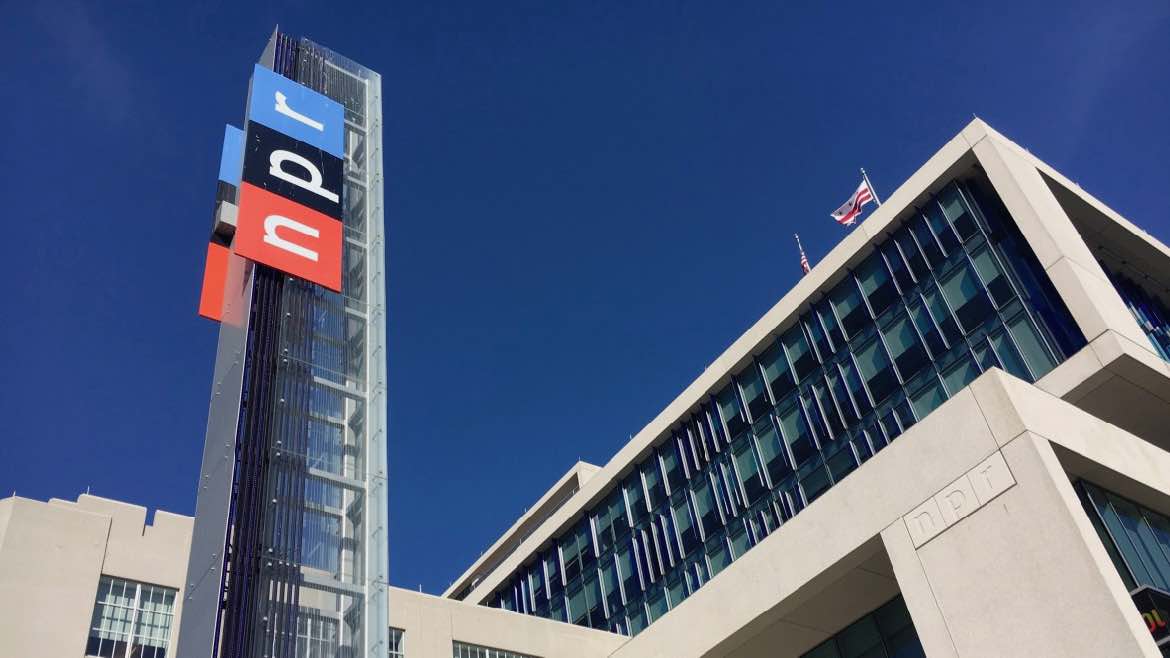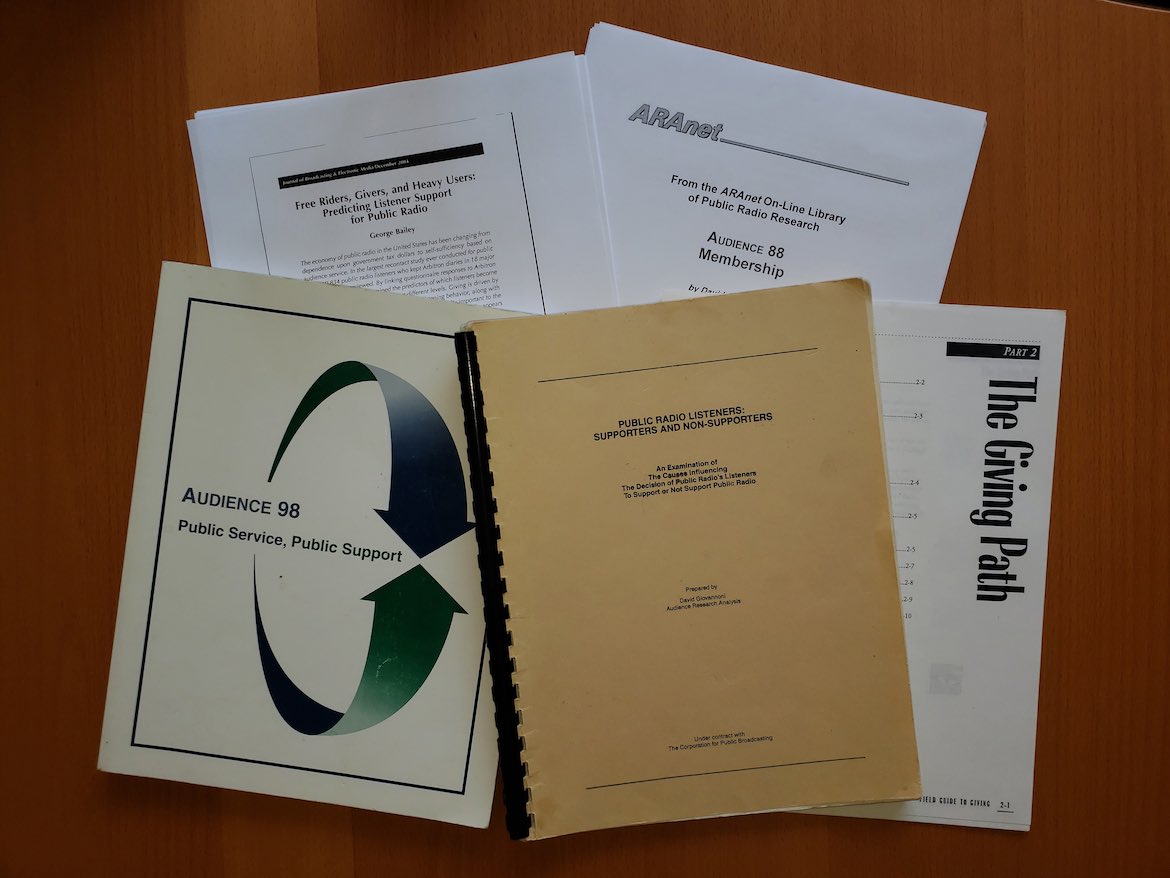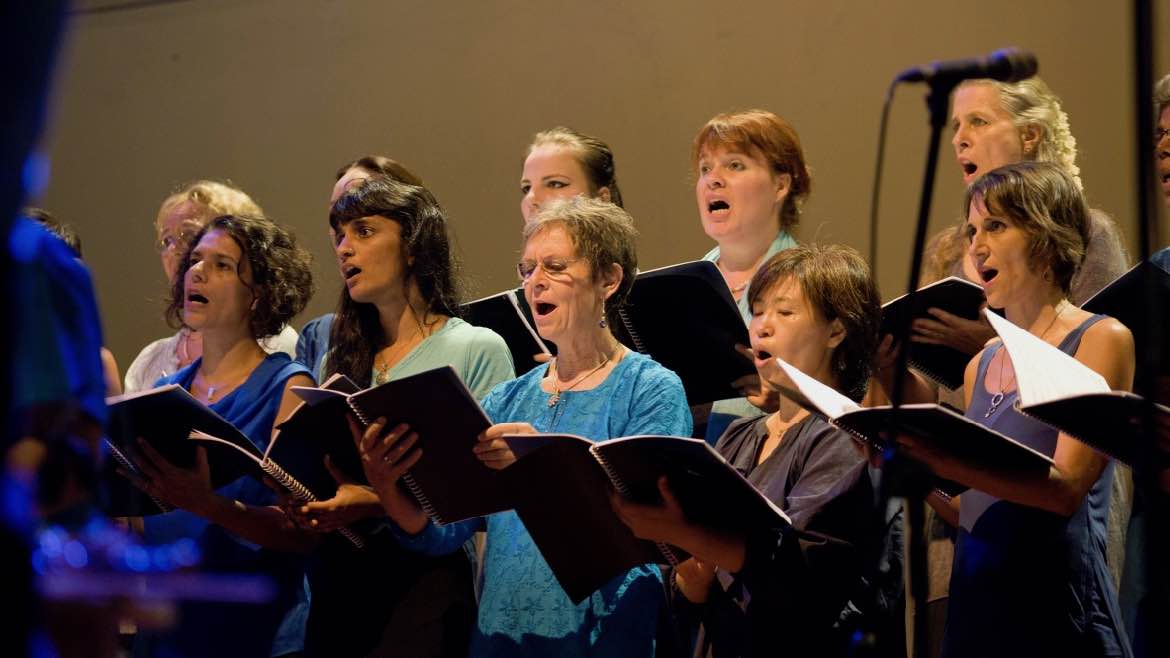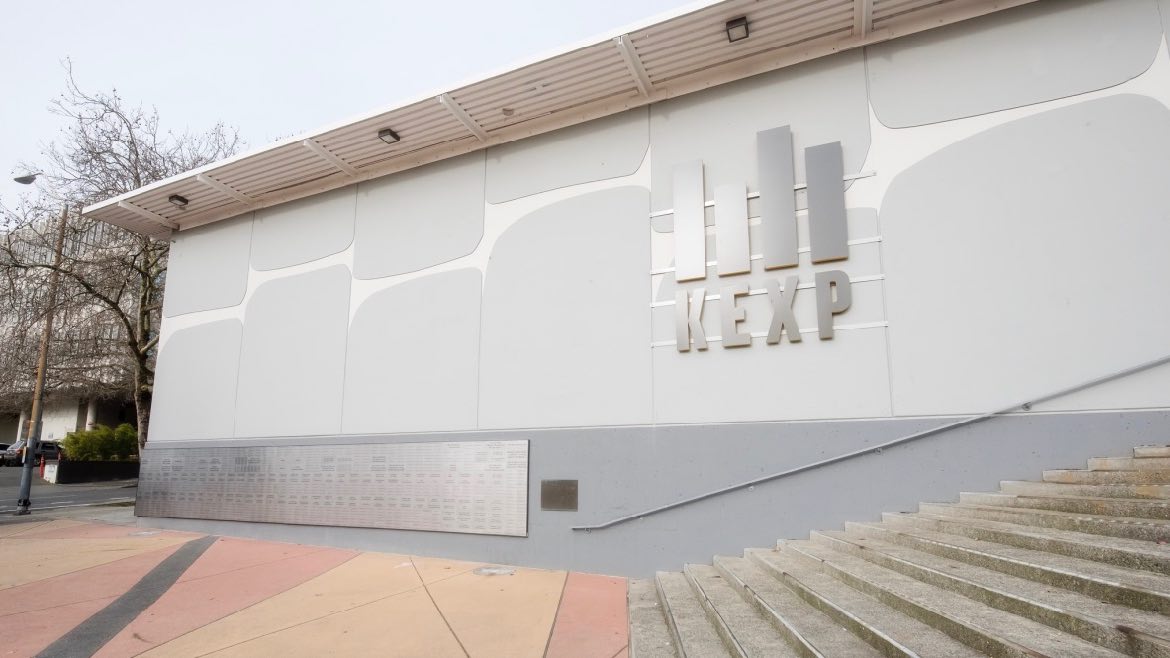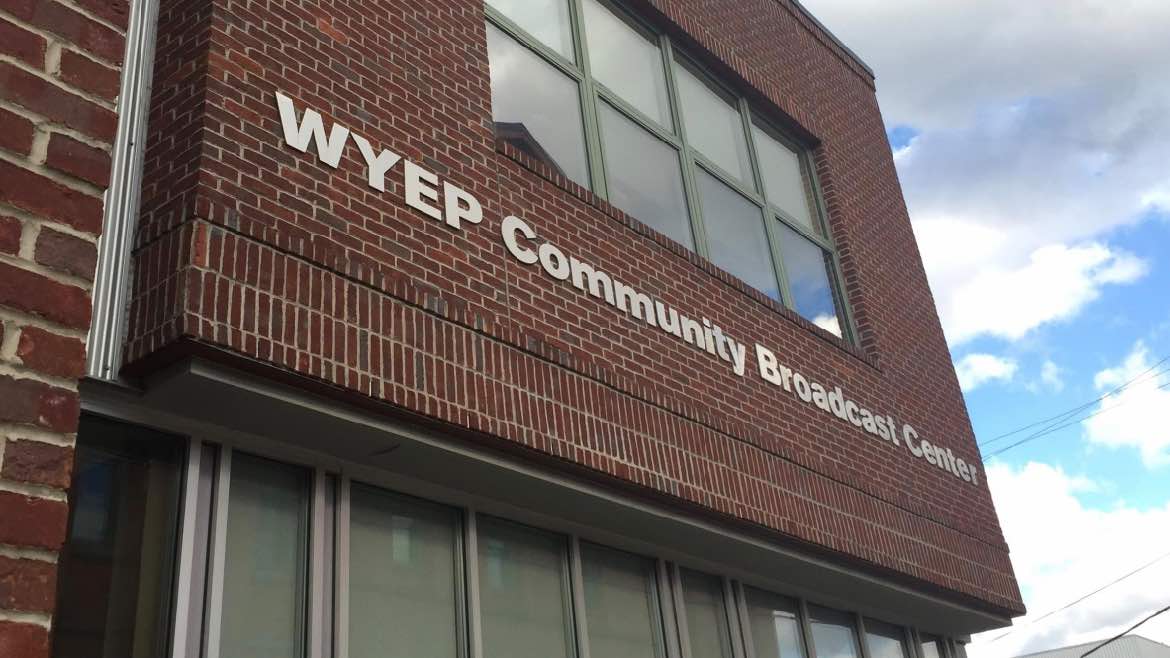Development
NPR Board approves two experiments with fundraising on digital platforms
An initiative to benefit stations would solicit donations on NPR’s digital platforms during a campaign at the end of this year.Stations, networks see potential for planned giving
More public media fundraisers are working to build planned giving programs, inspired by recent large bequests to stations and the untapped potential ...NPR, KUOW explore potential of fundraising through Alexa
NPR has yet to promote the feature as it determines how to direct gifts to donors’ preferred stations.Longevity of research about public radio donors is an asset, not a liability
Fundraising consultants address an argument that public radio's studies of giving habits need an update.Annual fundraising study finds significant gains for both radio, TV stations
The Target Analytics State of the System report reflects growing listening to public radio news and underscores "startling" payoffs from PBS' Passport ...Competing interests seen as likely dealbreaker for national fund drive
Several public media fundraisers take on a question submitted for our Currently Curious series: Why don’t public broadcasters coordinate on a national ...To succeed in fundraising, public radio needs new research about its audiences
A lot about media has changed since the ’90s. Unfortunately, our core ideas about why listeners give to public radio haven't.How classical music stations can grow donations by tapping ‘tribes’ within audiences
Under the "Community of Communities" model, stations can team up with local nonprofits to leverage donations and cross-promotion.With new MPB offering, donors can support pubmedia through credit, debit purchases
Mississippi Public Broadcasting is the first public media organization to work with Softgiving, a financial technology company that lets donors round up ...Why hasn’t pubmedia held one big pledge drive?
A public TV programmer sees an opportunity for public media to raise awareness about its uniquely noncommercial mission.Seattle music station KEXP receives its largest gift ever
Building relationships with donors through a capital campaign led KEXP to a $10 million bequest.With new building, Rocky Mountain Public Media aims to become a center for community, pubcasters ...
The Denver-based statewide radio and TV network has raised 75 percent of its $30 million goal, including $14 million over the last ...New York state stations receive grants for health coverage
WRVO Public Media in Oswego and WBFO in Buffalo are receiving $64,000 and $40,000, respectively.Pittsburgh’s WESA, WYEP receive $1.65M from local foundations
The Henry L. Hillman Foundation and the Richard King Mellon Foundation have each awarded grants to the nonprofit that operates WESA and ...CDP and TRAC Media Services collaborate to help stations analyze Passport data
A common challenge for stations is managing the data on giving and viewing behavior captured by the on-demand video service for donors.


